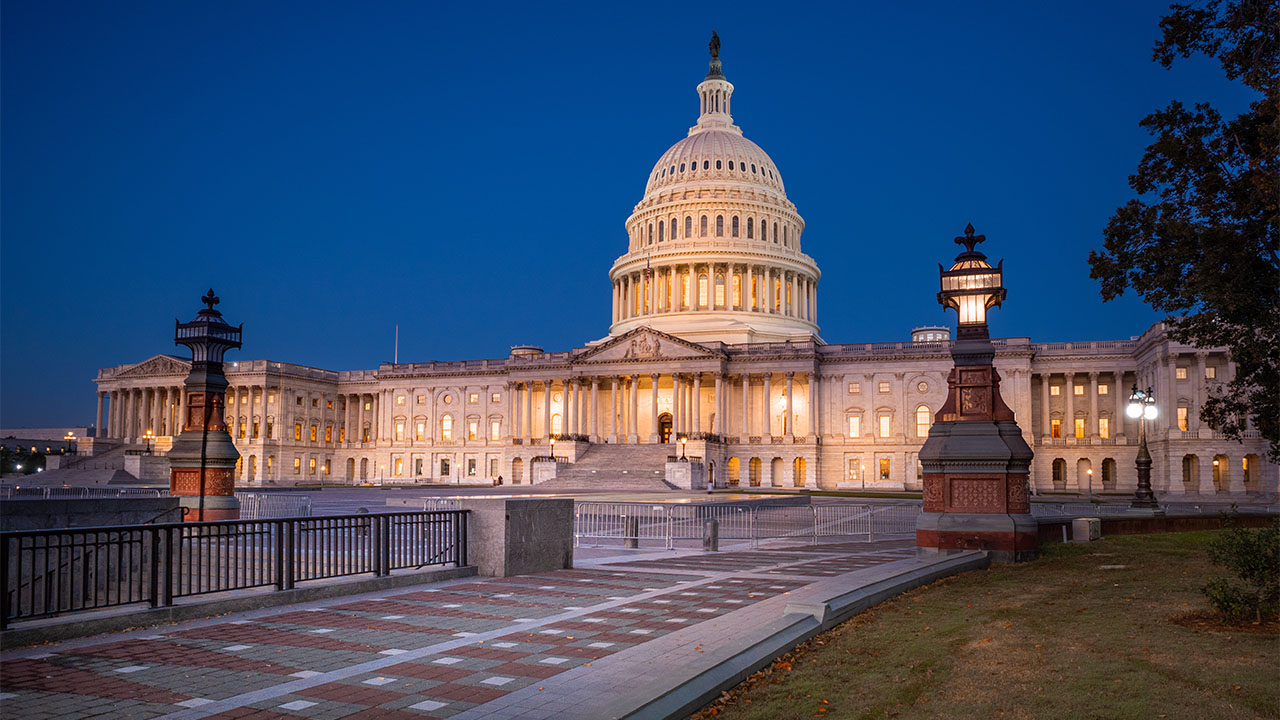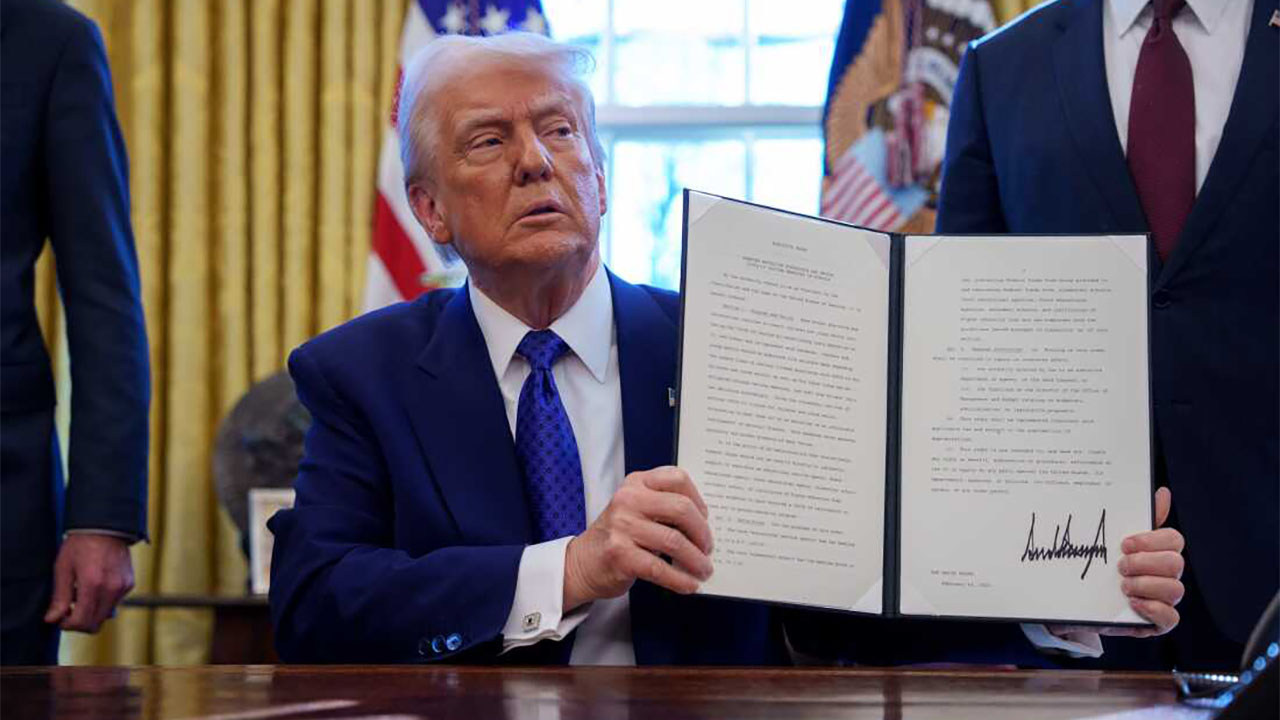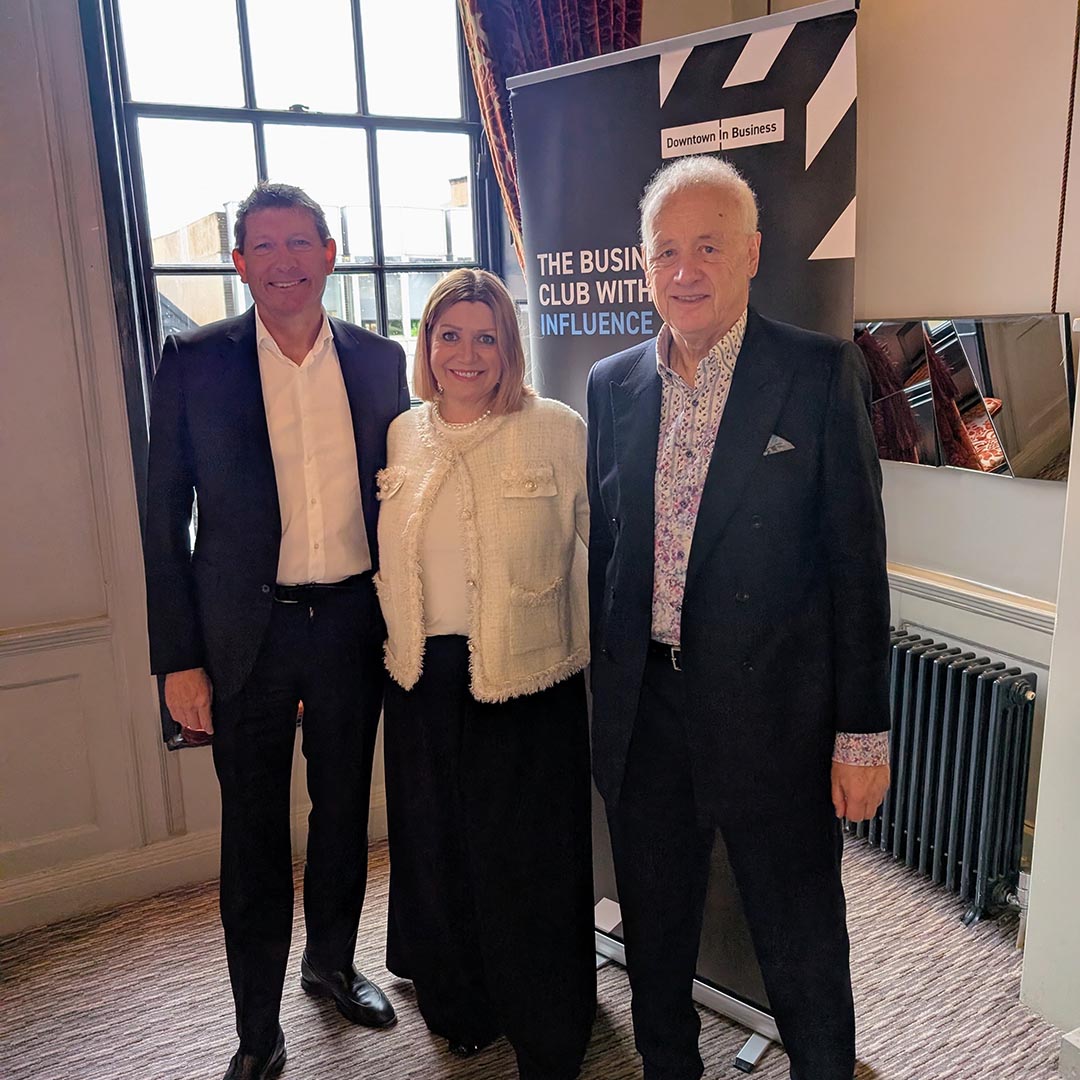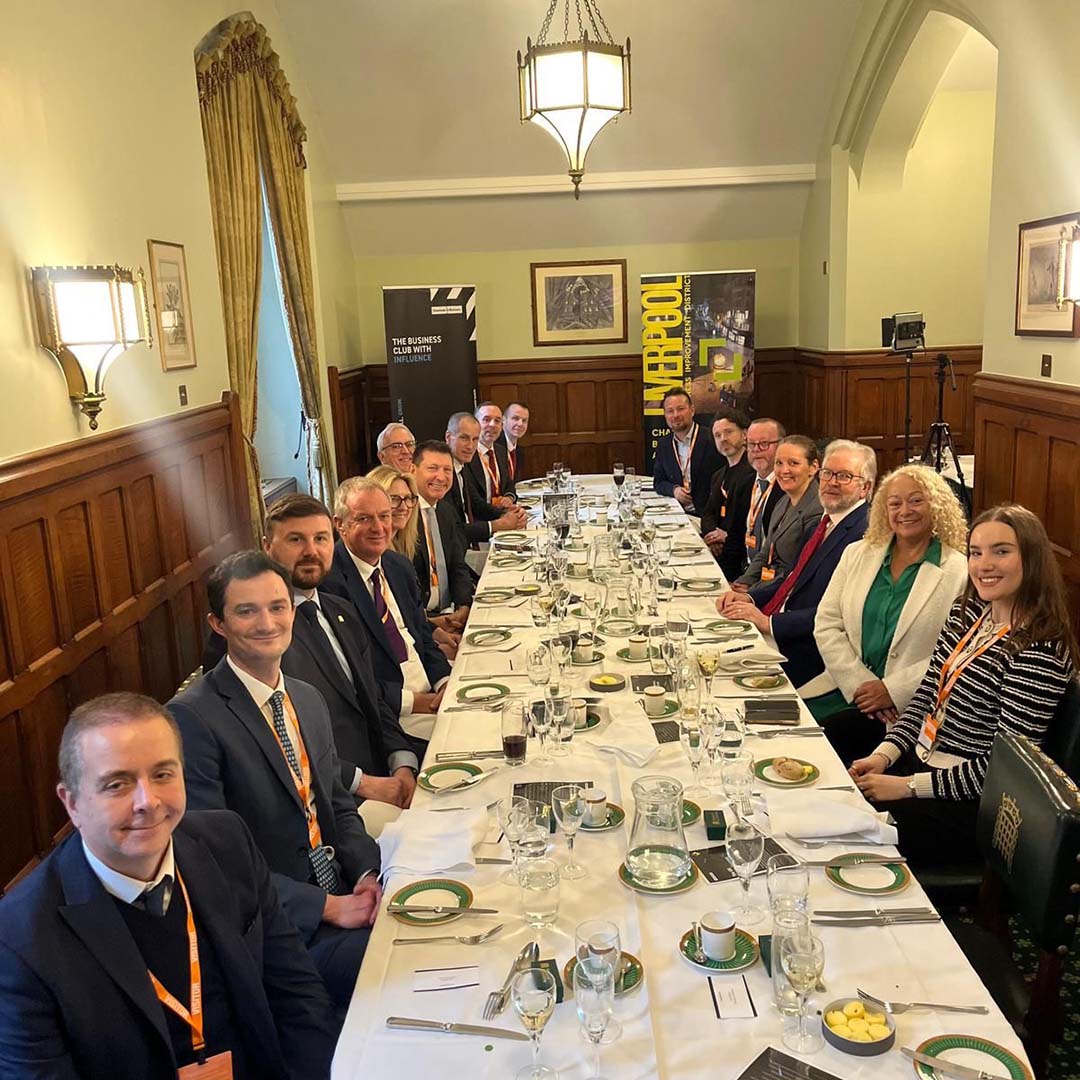Following the home news from afar can be troubling.
As the UK Labour Party starts to wriggle and squirm to loosen its previous commitment to spend £28billion on clean energy, there might, as ever, be lessons to learn from the US.
As UK politicians and commentators wrestle over their ability to deliver ‘fully costed and fully funded’ budget proposals, maybe they are missing the point.
Perhaps their challenge isn’t to prove that £28billion is too much – perhaps the problem is it isn’t enough?
Eighteen months ago, the US Government took a bold step to introduce new policies and programs to shift the nation away from fossil fuel and towards cleaner, greener and more sustainable options.
The strangely named Inflation Reduction Act – the IRA – was one of those mega policy initiatives the US is famous for, which includes spending and commitments on healthcare, taxation, infrastructure and energy all in one ‘big ol’ ball of wax’.
While it hasn’t been without its naysayers – Donald Trump leads that chorus line – for many it has been viewed a success, not just in the constituent parts, but in defining ‘joined up progressive politics’ – something the left and centre have struggled to do for years.
At its headline-grabbing best, the IRA commits the US to invest $500billion over the next 10 years in clean energy and healthcare investments.
That means tax credits for electric vehicles, technology to reduce home energy consumption, and corporate tax breaks for companies who switch to use or produce renewable energy.
It also includes important health measures; an Insulin price caps – a huge issue in the US where diabetes affects nearly 1 in 10 citizens -, prescription drug reform which improves accessibility and affordability of medicines, and extended subsidies for the Affordable Care Act which helps middle- and lower-income earners get health insurance.
These are big issues in the US, and even through a UK lens, they don’t lose any significance.
UK diabetes rates are the fastest growing in the western World. Payment for the drugs to treat this and other serious conditions must be made, and for so many citizens, if you can’t register with an NHS doctor or dentist, have to wait years for hospital appointments and live in a world where taxis are replacing ambulances – the NHS promise of ‘free at the point of need’ remains beguiling – but it clearly needs fixing.
The US Left, it seems, has seized the challenge.
To pay for all this, there are a number of financial and fiscal measures baked into the IRA.
As well as spending commitments, it also includes a clampdown on tax dodgers and evaders to raise an additional $181billion over ten years, and a new 15% corporate minimum tax to be levied on businesses will scoop up a further $222billion.
The Congressional Budget Office, the equivalent of the UK Office for Budget Responsibility, has confirmed the IRA would more than pay for itself.
Whether the IRA had much to do with the decline in inflation over the past year is debatable, but that won’t stop politicians claiming a spurious victory.
President Biden even told a fundraising audience, he wished he “hadn’t called it the Inflation Reduction Act because it has less to do with reducing inflation than it has to do with providing alternatives that generate economic growth.”
Growth, according to Bidenomics, is spurred when expensive and polluting fossil fuels are replaced by cheaper and cleaner renewables like wind and solar. That’s good for jobs, good for profits, good for the Treasury and it delivers the spending commitments on social programs like health which are being made.
Win, Win, Win and Win.
But it doesn’t appear so rosy for the UK Labour Party as they struggle to enunciate their policy initiatives. By backing away from the commitment, and down grading it to an aspiration, I fear they have started to dig themselves into an economic pre-election hole.
Even if you accept the current Tory Government has made a right mess of the economy, the question for Labour now is, ‘If you can’t afford to meet this pledge, what other promises are at risk?”
Even if you aren’t a time-worn political hack, you can see the shortcomings of being boxed in on your own spending commitments in the run in to a General Election.
So, what can Starmer, Reeves and the various shadow spokespeople do?
A lesson to share from the US. Communicate, communicate, communicate.
Despite the IRA dominating political discourse in the media, on social channels. and in Washington for literally months – the University of Maryland survey revealed fewer than 25% of Americans knew what it was and what was in it.
No surprise therefore that when people don’t understand it, they aren’t likely to be supportive. A Yale University study revealed fewer than 38% of Americans approve of it.
But when that same group of respondents was briefed on the contents of the IRA, their support almost doubled – returning an IRA approval rating of 68%.
This showed that the individual provisions within the IRA were popular, but they were being masked through poor nomenclature, inadequate attempts to connect then to the day-to-day plight of ordinary folk, and probably an unhealthy dose of ‘politics is boring, nothing ever changes’ malaise.
But for political communications geeks like me it was far more revealing. And here is where the UK politicians can be schooled.
First, branding matters. By calling this gigantic piece of legislation and spending programs the Inflation Reduction Act, the Democrats turned off at least 75% of US citizens. It sounded like the domain of the pointy headed number crunchers or for tax attorneys and accountant.
But when you learn that it is going to get your kids subsidized health care, let grandma get her medication, combat greenhouse gases, and reduce your energy bills – you probably start to take note.
Secondly, including the costings is vital. The IRA didn’t shy away from the commitment it believed was necessary for America’s growth and success because it was a big number.
On the contrary, in promising to spend big dollars, Biden was clear in saying where they were coming from. For most Americans, when they hear the bill is being paid by those who currently dodge their taxes or through clever accounting pay little or nothing, it seems even more favourable.
And thirdly, don’t do things piecemeal or be overly cautious. The words of legendary Chicago architect Daniel Burnham, should ring loud through Labour HQ –
“Make no little plans; they have no magic to stir men`s blood…”
This, sadly, seems counter intuitive for the UK Left today.
The received wisdom of progressive political campaigning is to break everything down into the smallest possible units, garnering support for this initiative here and that project there – hoping that it all adds up to success in the great ballot box reckoning.
The UK’s election history tells a different story.
Past election reports repeat themselves – We are preferred on health, they are favoured on the economy; we are popular on education, they are trusted on tax; we are viewed as compassionate on foreign affairs, they are seen as hardnosed but decisive. The electoral outcomes are clear.
As this latest crop of UK progressives try to reverse the course of history at the fourth attempt – please pay attention to your American cousins.
The IRA, like its bedfellow the American Rescue Plan, its forerunner the Affordable Care Act and the grandaddy of all mega-policy FDR’s great recession era New Deal – all had the capacity to stir the blood.
If the Democrats can win by committing to spend $500billion on clean energy to boost growth and fix the health system, the Labour Party should be able to articulate why £28billion isn’t nearly enough to do likewise.
They must widen their scope and vision – join up their fiscal and financial policies with the social and collective programs they preach.
Rather than their current withdrawal and backtracking from a spending commitment, double down on the need to champion growth, to invest in our communities, to fix the inequalities which blight the nation – and don’t be shy about saying who is going to pay for it – not the rich, nor the hard working – but those who don’t pay their fair share, dodge their responsibility, and take without giving.
Biden has made the IRA – stupid name and all – the manifesto big idea he is going to fight the forthcoming election on. He is all in for growth, work and sustainability.
He is painting a picture of what his America looks like, and better still talking about how he is already delivering against it.
Labour need to take note.
They need to dream bigger.














